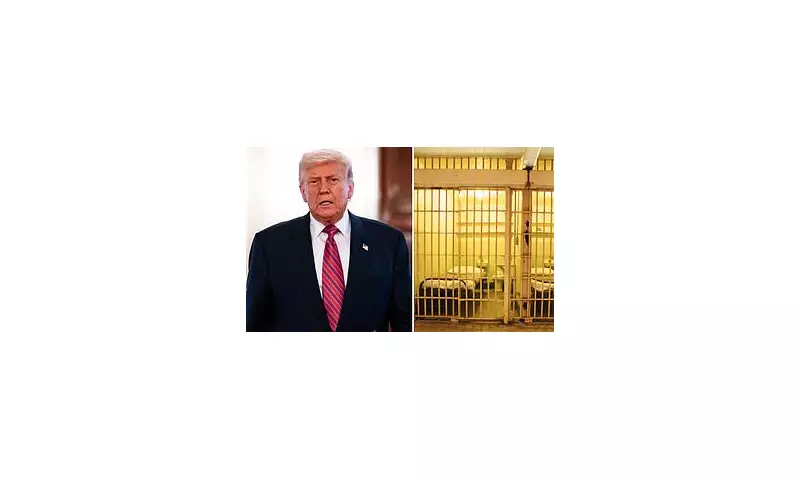
Former US President Donald Trump has put forward a controversial proposal to abolish cash bail in American prisons, arguing that the current system unfairly penalises the poor while allowing wealthy defendants to walk free.
A Radical Shift in Criminal Justice
The bold plan, unveiled during a recent campaign event, would see the United States transition to a completely cashless bail system. Trump claims this would create a fairer justice system where pretrial detention decisions are based solely on risk assessment rather than financial means.
The Current System's Flaws
Under existing bail practices, defendants who can't afford to pay often remain incarcerated for months before trial, while those with financial resources can secure their release regardless of the charges they face. Critics argue this creates a two-tiered justice system that disproportionately affects minority and low-income communities.
Trump's Vision for Reform
The former president's proposal would implement a risk-based assessment model where judges would determine whether to release defendants based on factors like:
- Flight risk assessment
- Danger to the community
- Criminal history
- Ties to the local area
Supporters of the plan suggest it could reduce jail overcrowding and save taxpayers millions in incarceration costs. However, opponents warn that eliminating cash bail entirely could lead to more dangerous offenders being released before trial.
Political Reactions and Public Debate
The proposal has ignited fierce debate across the political spectrum. Progressive reformers have cautiously welcomed the idea, while some law enforcement groups express concerns about public safety implications.
As the 2024 election campaign heats up, Trump's cashless bail plan is likely to become a key talking point in discussions about criminal justice reform and equal treatment under the law.





